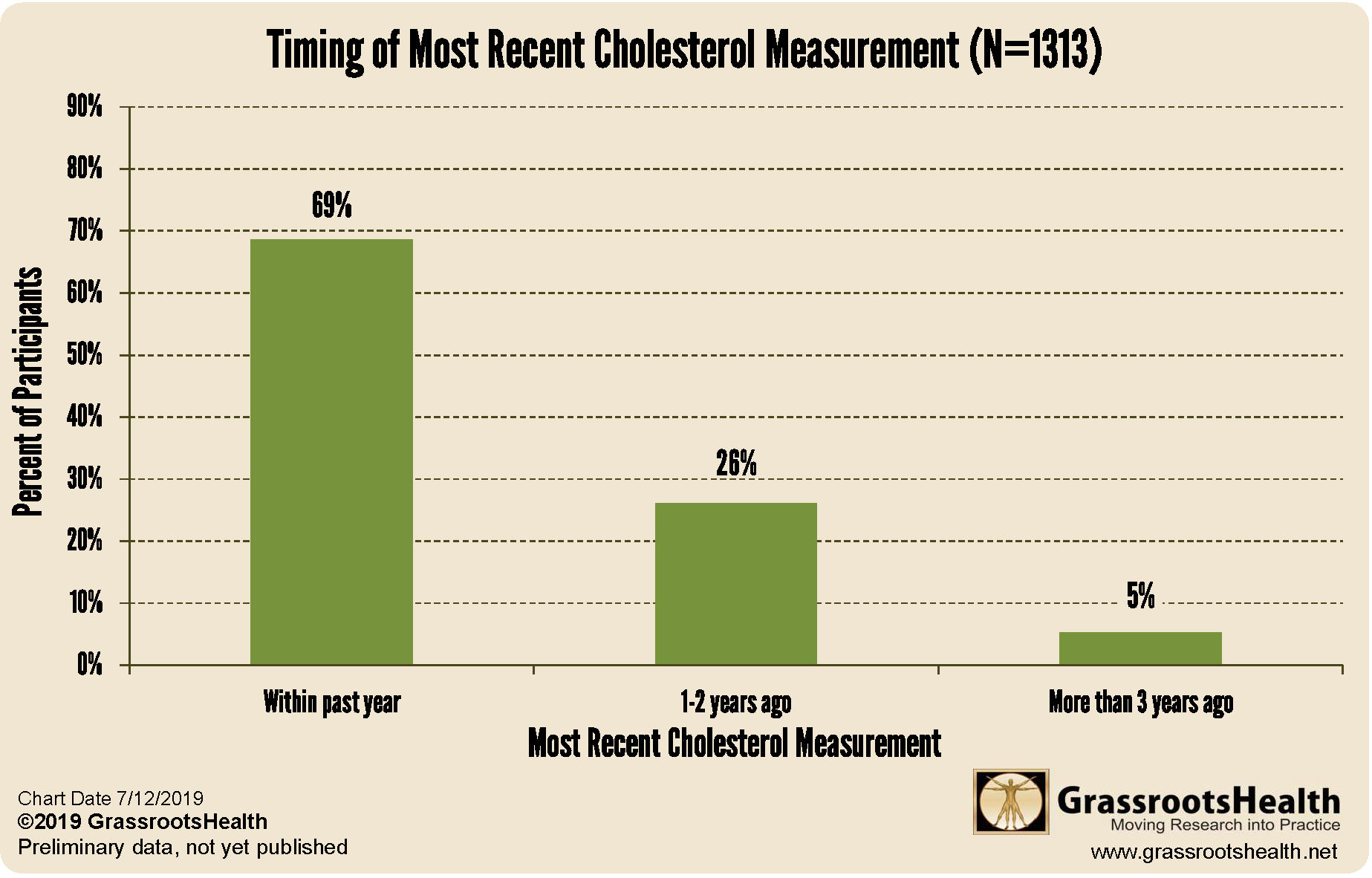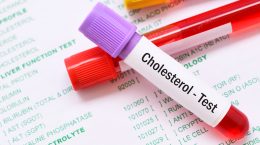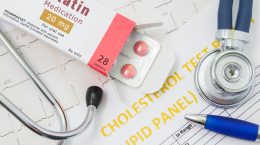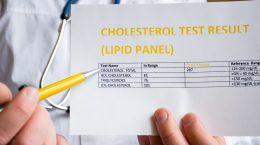Published on July 17, 2019
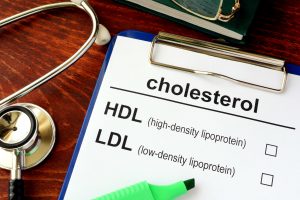 In April of 2017, as part of the D*action questionnaire completed by all participants with each vitamin D test, GrassrootsHealth began to gather information about cholesterol, with questions such as: Have you had your blood cholesterol measured? When? What were the results (selected as a range) for total cholesterol, HDL, LDL, and triglycerides?
In April of 2017, as part of the D*action questionnaire completed by all participants with each vitamin D test, GrassrootsHealth began to gather information about cholesterol, with questions such as: Have you had your blood cholesterol measured? When? What were the results (selected as a range) for total cholesterol, HDL, LDL, and triglycerides?
Today’s news contains the first review of what participants have said about their cholesterol. Following will be several additional news topics on the answers provided by GrassrootsHealth participants on cholesterol and triglycerides, along with some important facts about cholesterol, your health, and other nutrients involved.
What is cholesterol?
Cholesterol is a fatty molecule found in the body and in some animal based foods (such as meats, eggs, and dairy), and is also made by the liver. It is required to make hormones (including vitamin D), is a main constituent of cell membranes and the protective sheath around our nerves, and is used to aid in digestion by way of bile production.
What is measured in a cholesterol blood test?
Several results are typically included with a cholesterol blood test, such as total cholesterol, HDL, LDL, and triglycerides (which will be discussed in a separate post). High-density lipoproteins (HDL) is known as the good type of cholesterol; higher levels of HDL are associated with a lower risk of heart disease. Low-density lipoproteins (LDL) is considered the bad type of cholesterol, which builds up in the arteries and can lead to atherosclerosis. Higher levels of LDL have been associated with increased risk for heart disease and stroke. Both HDL and LDL are included in the total cholesterol result.
Do you know your cholesterol levels?
Are you one of the 1330 participants who have shared your cholesterol test results with GrassrootsHealth so far? Since the questions on cholesterol were added, 45% of participants have indicated that they have had their blood cholesterol measured, 43% say they have not, and 12% indicated that they don’t know. Of those participants who reported their cholesterol information with a date, the chart below shows how many had their cholesterol levels measured within the past year, within the past 1-2 years, or more than 3 years ago, based on their most recent questionnaire.
Stay tuned for more information on the cholesterol and triglyceride levels reported by participants, followed by if and how certain nutrients might affect or be affected by cholesterol and triglycerides.
Have questions you would like to see addressed?
If there is a topic you would like us to address, please let us know! Send your news-worthy questions to jen @grassrootshealth.org and let us know what you think we should answer or share in our news.
Do you know your vitamin D level?
Make sure you and your loved ones know your level of vitamin D! Testing vitamin D levels and taking daily steps to keep it at a target level of 40-60 ng/ml (100-150 nmol/L) is important for all stages of health. Find out your levels today! Log on to the shop (click the link below) to get your tests and see for yourself if your levels can be improved.
Make sure you track your results before and after, about every 6 months!
Click Here to Access the Shop Page
How can I track my vitamin D levels?
To help you track your nutrient levels, GrassrootsHealth has created an online tracking system called myData-myAnswers. You can also track your vitamin D intake from supplements, dietary and UV sources. Check it out today!


